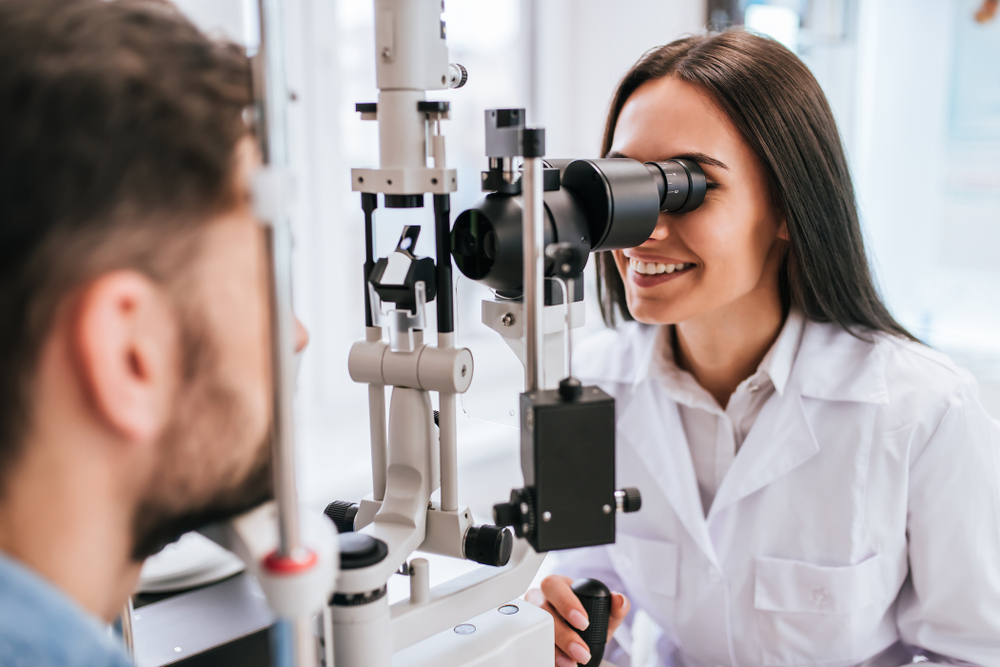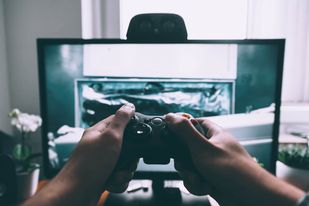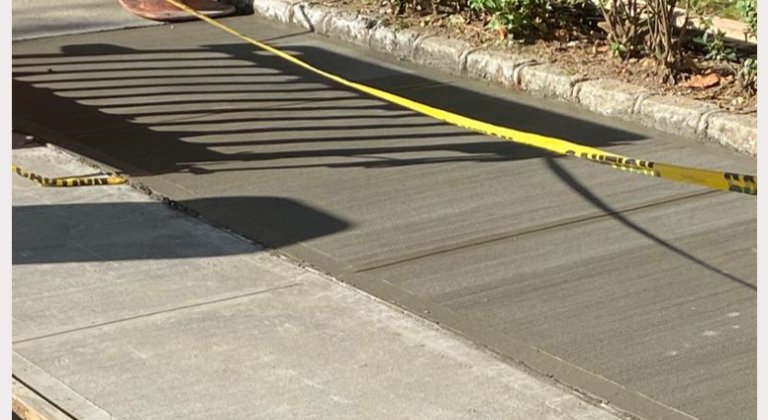
Preparing for Your First Eye Test: A Complete Guide
Do you squint when reading small text? Do far-off signs appear blurry? Or maybe you’ve noticed you’re getting more headaches than usual? These might be signs that your vision needs a bit of attention. Perhaps it’s time for that first eye test! But the thought of it can make us a bit uneasy, especially if we’re unsure what to expect. Well, that’s precisely why we’ve put together this comprehensive guide for you. In this blog post, we will walk you through step by step on how to prepare for your first eye test.
The aim is to provide clear insights to help you navigate this new ground, making sure you’re well-versed with the pre-test proceedings, understanding why it’s important, what goes on during the test, and how to make sense of the results. We’ll even cover common misconceptions about eye tests that you might have heard, to set your fluttering nerves at ease. So, don your reading glasses (if you have them), settle down, and let’s take this enlightening journey together!
Why Do You Need an Eye Test?
Eye health is not just about ensuring we have perfect 20/20 vision. It also involves detecting any potential eye illnesses before they advance into more serious conditions. So even if you believe your vision is up to standard, an eye test evaluates your overall ocular health, giving an indication if you’re at risk of diseases like glaucoma, macular degeneration, or diabetic retinopathy. It checks for signs of strain, like dry eyes, which could be caused by excessive screen time, a reality for many of us in the digital era. Understanding why an eye test is essential is a step in the right direction towards better eye health management.
When Should You Take Your First Eye Test?
While it may seem frightening, an eye test doesn’t have to be tantamount to walking the plank! Recommended by The American Optometric Association, you should have your initial eye exam when you start primary school, then every two years afterwards. However, if you notice issues with your vision or are experiencing headaches and eye fatigue, it would be advised to book an exam sooner.

What Happens During The Eye Test?
It’s time to demystify the process. Eye tests typically involve your optometrist performing a series of examinations assessing both your vision and overall eye health. These may include retinoscopy, refraction testing, and visual field tests, which allow them to ascertain your prescription, field of view and peripheral vision. A painless procedure, it can provide exhaustive information about your ocular status, setting the foundation for any needed treatment plans.
Understanding Your Results and Next Steps
Once the eye test is completed, your optometrist will discuss your results, explaining your vision strengths and weak areas. If corrective lenses are needed, you’ll discuss the most suitable options tailored to your lifestyle, whether that’s glasses, contact lenses, or refractive surgery.
The Pros and Cons of Eye Tests
Eye tests are beneficial as they can detect early signs of ocular health issues, but they may also trigger anxiety for those afraid of finding out there’s a problem. However, understanding that early detection increases the chance of effective treatment can help reduce this fear.
Conclusion:
Getting prepared for your first eye test can seem daunting but having the right information can hugely mitigate any fear or apprehension. An eye test plays a pivotal role in maintaining our overall health, ensuring our eyes are in optimal condition and detecting potential issues early on, making it crucial for everyone to have. So, think of your upcoming eye exam not as a cause for alarm, but as a preventive measure towards preserving your precious vision.



